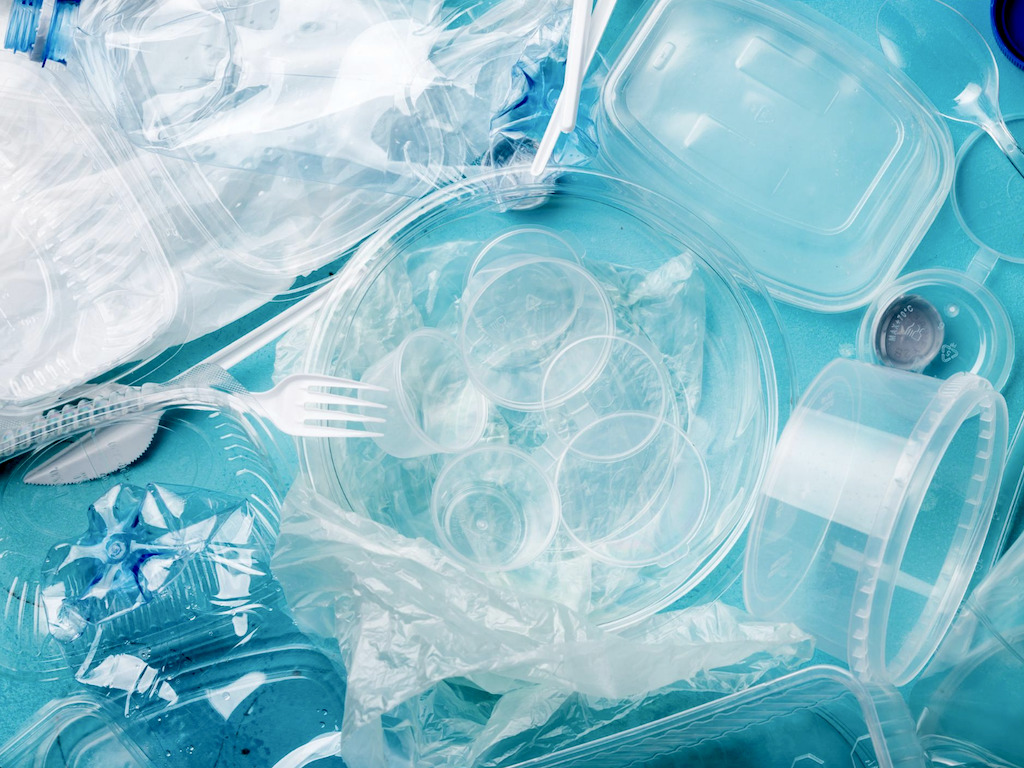3 Mins Read
Plastic items are now officially considered toxic under the Canadian Environmental Protection Act (CEPA), a move that environmental campaigners have described as a “bold message” to the plastic industry. The decision to list plastics as toxic under CEPA came despite multiple blocking attempts from industry-backed lobbying groups, paving the way for the government’s proposal to ban a number of single-use items.
The Canadian federal government has announced the addition of plastic manufactured products as toxic under Schedule 1 of CEPA earlier this month, a decision that will help push forward the plan to ban certain single-use plastic items first proposed last year. It has been hailed as a win against the US$29 billion Canadian plastics industry, who have been funding a number of lobbying groups to block the move.
Reports by the National Observer have detailed the sustained efforts by plastics and food packaging businesses to try and disassociate the word “toxic” from their products.
“Adding plastic manufactured items…will help us move forward on our comprehensive plan to keep plastics in the economy and out of the environment,” said Moira Kelly, press secretary to Canada’s environment minister Jonathan Wilkinson.
“It will allow us to implement our proposed ban of certain harmful single-use plastics, make producers responsible for their plastic waste, and introduce recycled content standards.”
It’s the key that unlocks so many possibilities to help us actually address the plastic pollution crisis.
Ashley Wallis, Plastics Campaigner, Oceana Canada
Greenpeace Canada has described the federal government’s decision as a “bold message” to the industry that “plastic is harming the environment, and the government will not bow to industry pressure”.
“This is the critical step. It’s the key that unlocks so many possibilities to help us actually address the plastic pollution crisis,” said Ashley Wallis, plastics campaigner for Oceana Canada.
Listing plastic as toxic under CEPA followed a draft science assessment on plastic pollution in the country conducted last year, which provided evidence that plastic directly harms the environment, sealife and wildlife. Substances can be considered toxic under CEPA if they have been proven to be a danger to the environment, biodiversity or human health.
Currently, of the 3.3 million tonnes of plastic consumed in Canada annually, only 10% is being recycled, with the remaining amount going to landfills, incineration sites or being left to contaminate rivers, lakes and oceans.
Campaigners have highlighted that without a drastic clamp down on plastic consumption, the industry is also going to continue driving oil and gas destruction in addition to the waste crisis, hampering the country’s ability to keep its greenhouse gas emissions down.
Read: Why plastic recycling is a lie – John Oliver breaks it down on HBO’s Last Week Tonight
The federal government’s decision to declare plastic toxic is commendable, and now the government should stop funding the plastics industry.
Laura Yates, Plastic Campaigner, Greenpeace Canada
Ottawa has proposed to implement a ban on six single-use plastic items, but environmentalists say that there ought to be a wider net of plastic products included in the ban, now that such products are officially deemed toxic by law.
Greenpeace Canada said in a statement that it is “advocating for a more comprehensive ban, including the items most commonly found in the environment such as cups and lids, bottles and caps, styrofoam, containers, wrappers and plastic cigarette filters.”
“Plastic is everywhere – in the food we eat, the air we breathe and the water we drink. The federal government’s decision to declare plastic toxic is commendable, and now the government should stop funding the plastics industry,” commented Laura Yates, plastic campaigner with the organisation.
“There is no more time to waste on industry’s false solutions like recycling and bioplastics. What we need is swift implementation of a strong ban and federal support to innovate new systems not dependent on disposables.”
Lead image courtesy of iStock.




